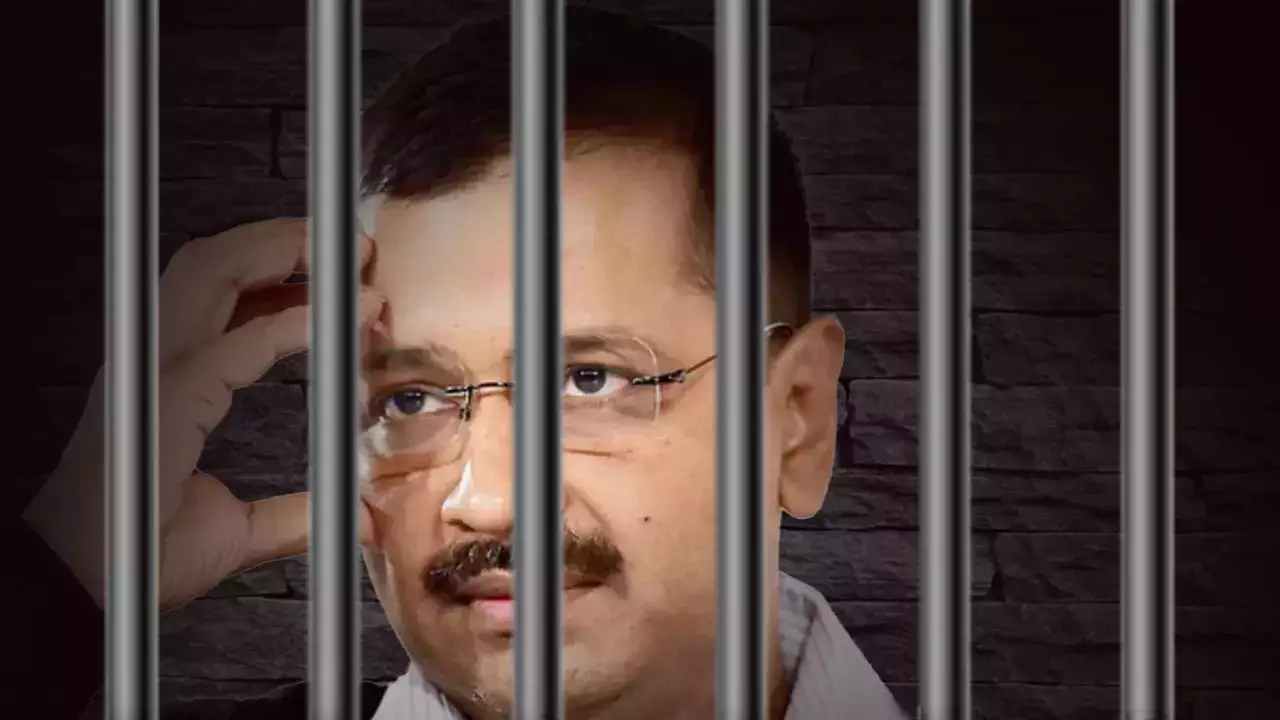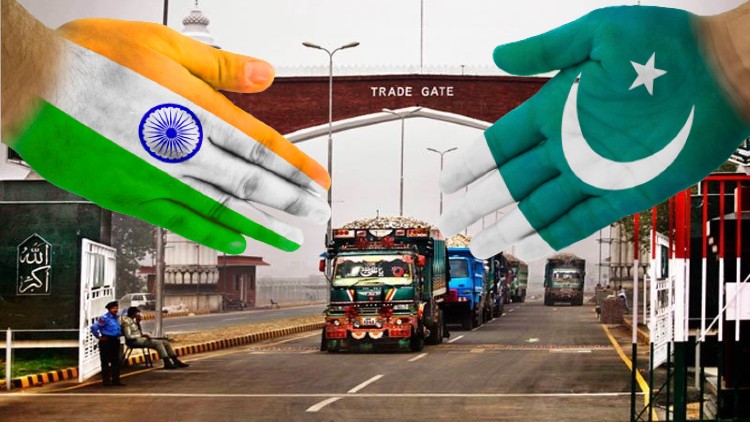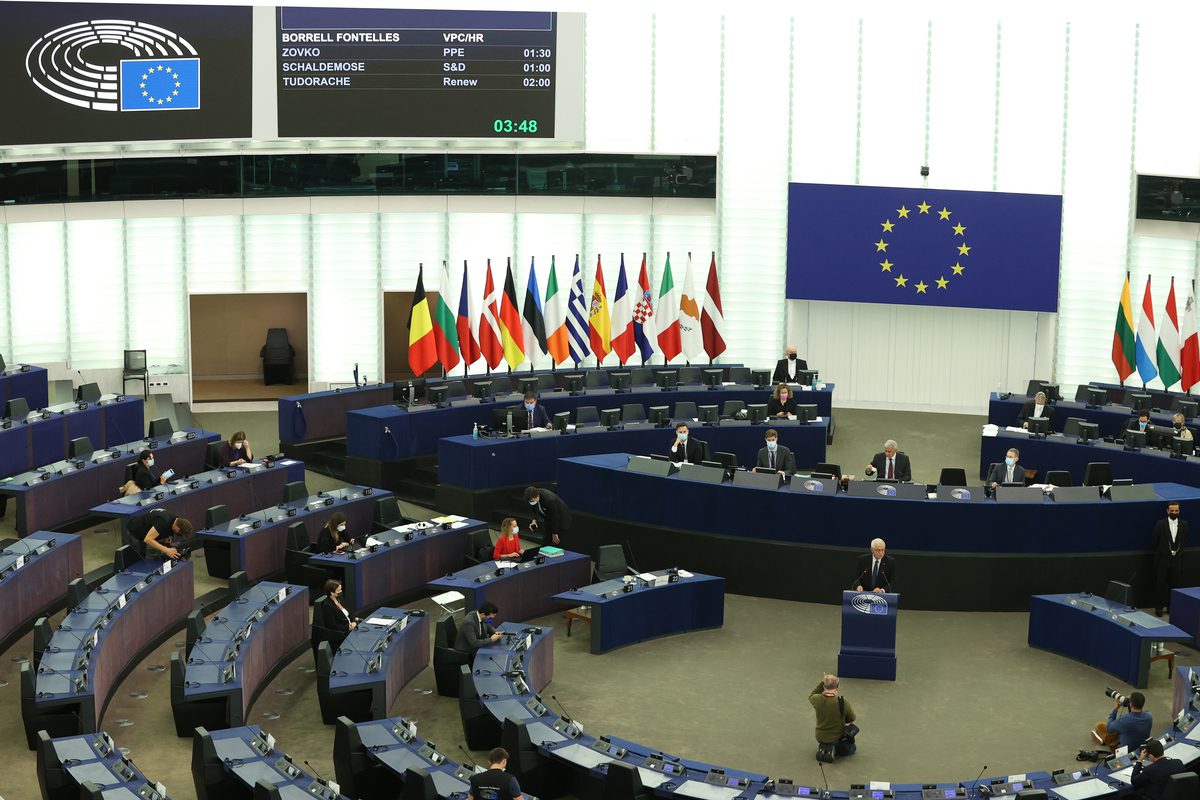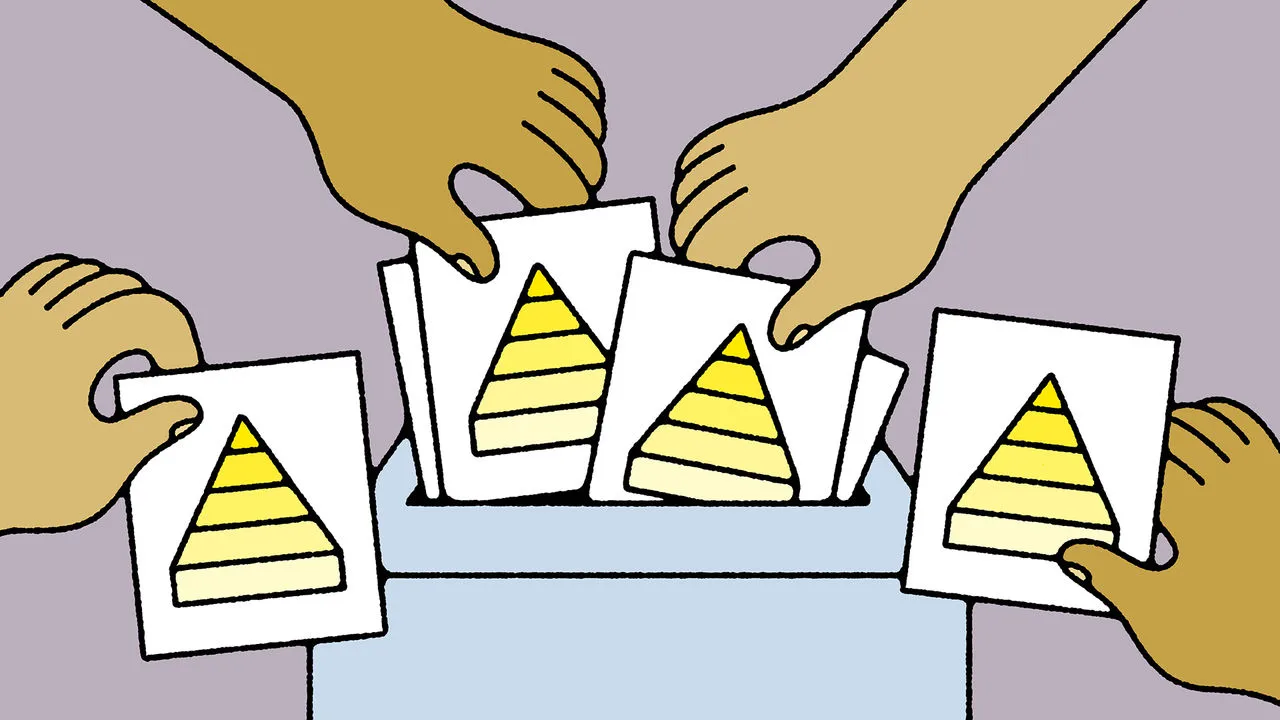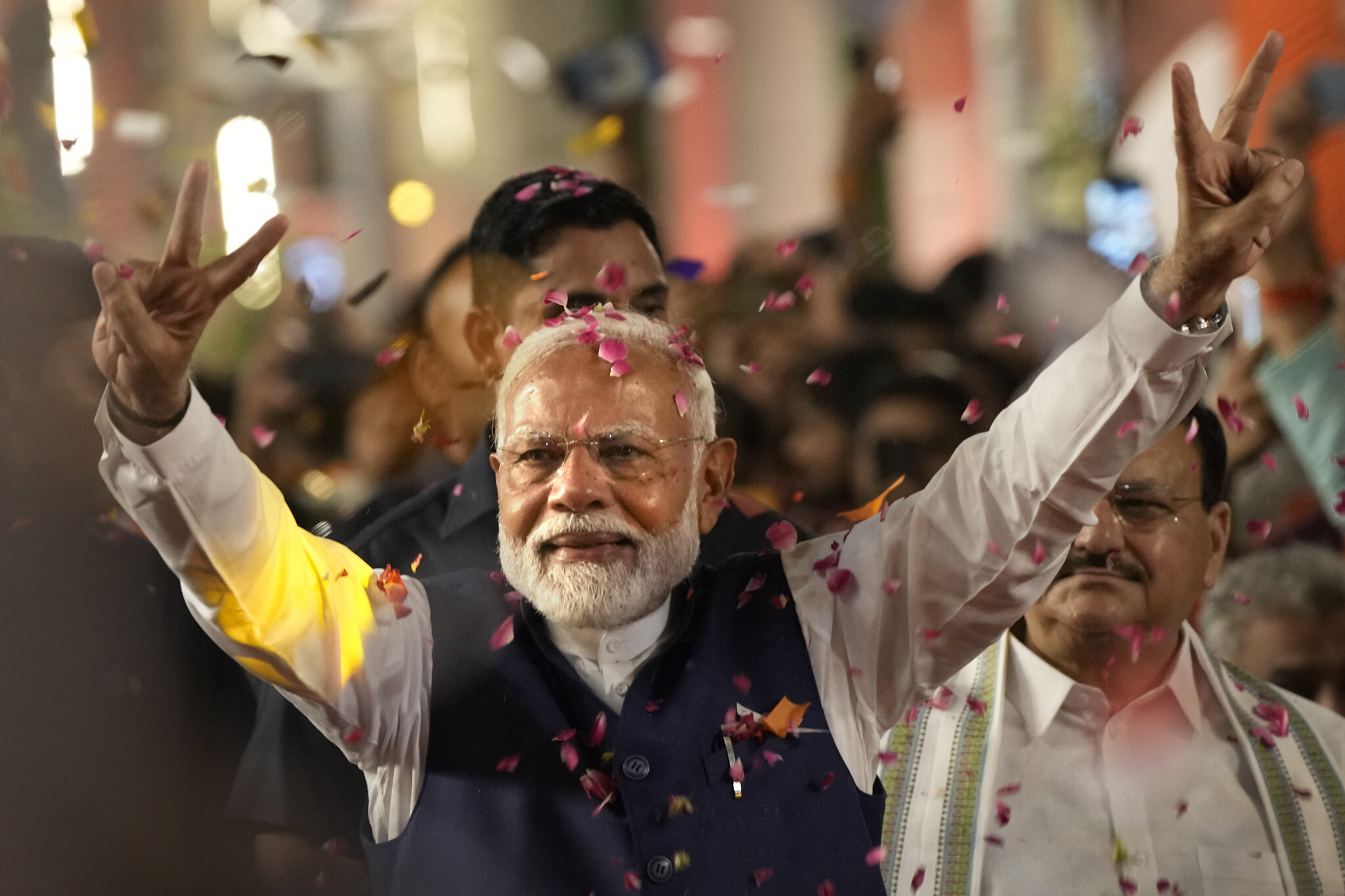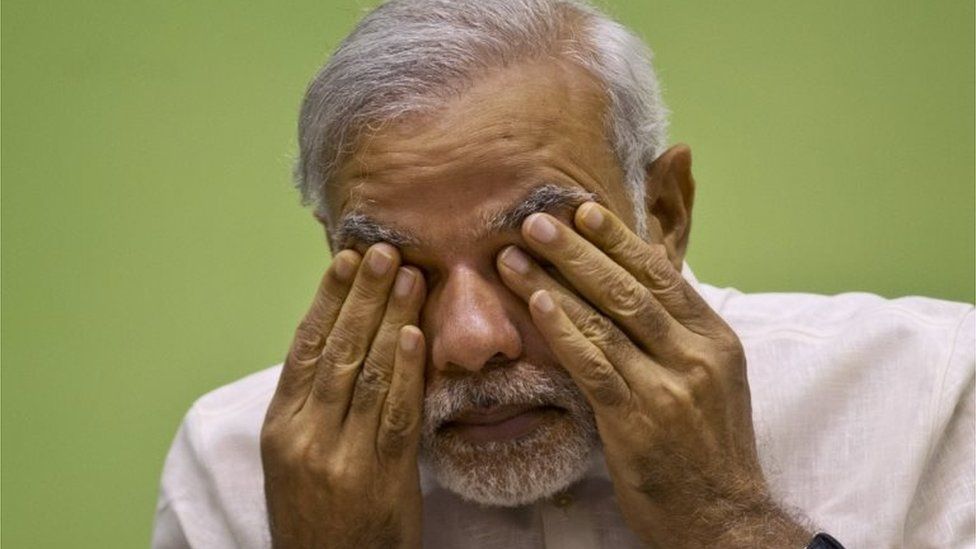The recent detention of Delhi Chief Minister Arvind Kejriwal has sparked a heated discussion about India’s democracy, with many criticising the Narendra Modi administration for its purportedly authoritarian inclinations. This momentous occasion highlights a larger trend of democratic degradation that has been progressively taking place since Modi’s ascent to power in 2014.
Modi’s rise to authoritarianism can be linked to his time as Gujarat’s chief minister, when he used divisive strategies to increase his support, most notably by inflaming tensions between different communities. But it is during his present term as prime minister that Modi has daringly stepped outside the bounds of democratic governance, especially with the third election conflict looming.
During his second tenure, what started out as a cautious strategy to strengthen his base of support within the Rashtriya Swayamsevak Sangh (RSS) quickly turned into a more aggressive pursuit of contentious goals. Modi has demonstrated his willingness to go above the norm, especially when it comes to democratic principles, with actions like the Citizenship Amendment Act and the removal of Kashmir’s special status.
Even after winning handily in the 2019 elections, Modi’s avarice for power drove him to use state institutions as weapons against opposition figures in an attempt to force them to submit to him or defect to the BJP. This methodical approach methodically destroyed opposing parties until only a small few remained.
Arvind Kejriwal, who has been the Chief Minister of Delhi for a period of time, was one of these tenacious opponents of Modi’s government. Because of the Aam Aadmi Party’s dedication to welfare and governance, Modi’s narrative was directly challenged, making Kejriwal a natural target for retaliation.
The arrest of Kejriwal recently, which was allegedly related to the AAP’s liquor policy, which sought to depoliticize the alcohol trade, provided a catalyst for opposition groups throughout India. While Kejriwal’s supporters tried to demonise him by attacking his disobedience to law enforcement, his unwavering resistance served as a symbol of a larger campaign against authoritarian overreach.
An increasing recognition of the existential threat posed by Modi’s administration is indicated by the opposition parties’ renewed unity, as demonstrated by the Biju Janata Dal’s rejection of BJP coalitions and the INDIA coalition’s support for Kejriwal. This renewed unity emphasises how important it is to have a coherent opposition strategy that targets urgent problems like economic insecurity and unemployment.
In the run-up to the next elections in India, the lines dividing authoritarianism from democracy are more apparent than ever. Opposition parties must respond to Modi’s unrelenting assault on constitutional protections with unity, supported by public awareness campaigns and grassroots mobilisation.
The future of Indian democracy is at stake at this crucial juncture. Lest it be too late to save what is left of a once-vibrant democracy, encroachments on democratic standards can only be rejected by coordinated effort and unyielding resolve.
